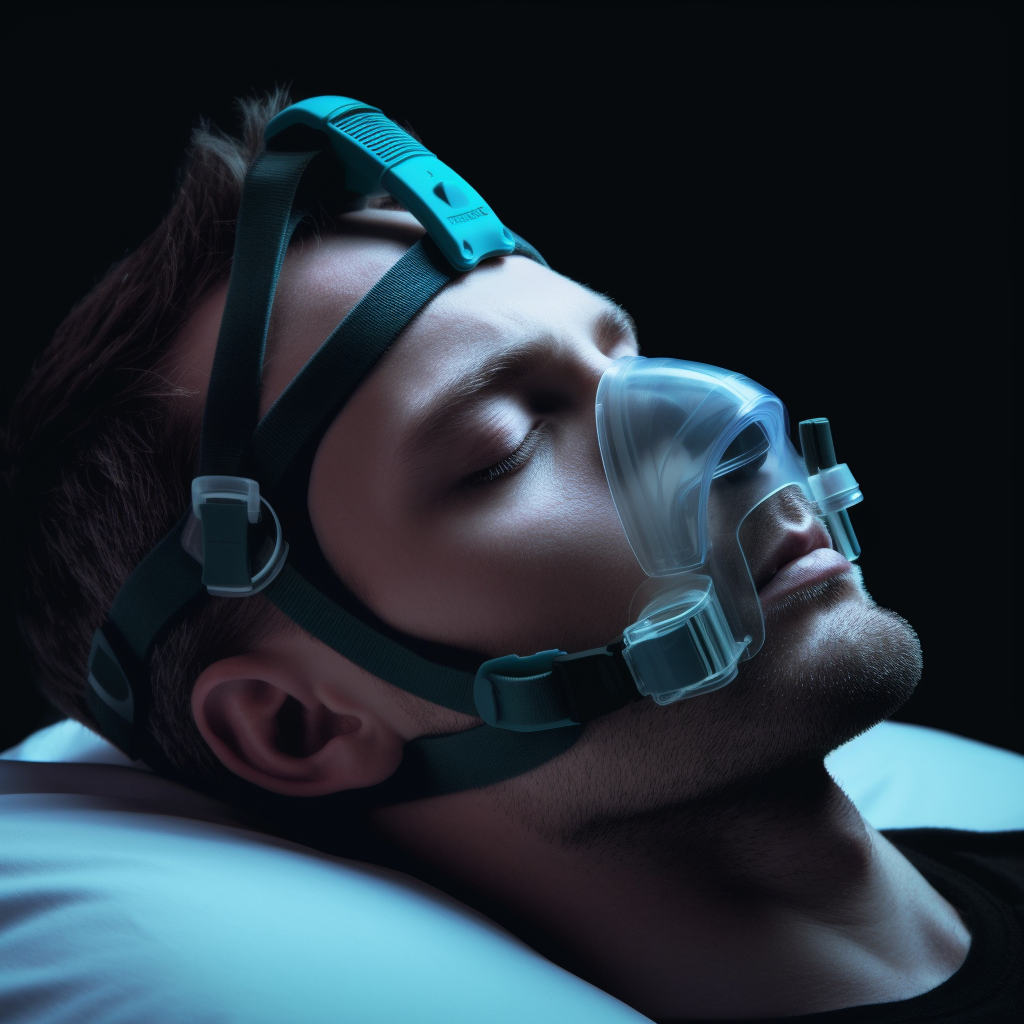This article offers insights into insomnia, including its causes, symptoms, and treatment options such as lifestyle changes, cognitive-behavioral therapy (CBT), and medication, to help individuals manage and improve their sleep quality.
Insomnia: Causes, Symptoms, and Treatment Options for Restorative Sleep
Insomnia, a common sleep disorder, can disrupt your daily life and overall well-being. This article delves into the causes, symptoms, and treatment options for insomnia, offering insights to help you achieve restorative sleep. Discover the importance of lifestyle changes, the effectiveness of cognitive-behavioral therapy, and the role of medication in managing insomnia.
Understanding Insomnia
Insomnia is characterized by difficulty falling asleep, staying asleep, or experiencing non-restorative sleep. Common causes include:
- Stress and anxiety
- Poor sleep habits
- Medical conditions
- Medications
- Environmental factors
Symptoms of Insomnia
Identifying the symptoms of insomnia is crucial for effective management. Look out for:
- Difficulty falling asleep
- Waking up frequently during the night
- Feeling tired upon waking
- Daytime sleepiness
- Irritability and mood disturbances
Lifestyle Changes for Better Sleep
Implementing healthy lifestyle changes can significantly improve sleep quality. Consider the following strategies:
- Establish a consistent sleep schedule
- Create a relaxing bedtime routine
- Optimize your sleep environment
- Limit exposure to electronic devices before bed
- Manage stress through relaxation techniques
Cognitive-Behavioral Therapy (CBT) for Insomnia
Cognitive-behavioral therapy (CBT) is an evidence-based treatment for insomnia. It aims to identify and modify thoughts and behaviors that contribute to sleep difficulties. Key techniques include:
- Sleep restriction therapy
- Stimulus control therapy
- Relaxation techniques
- Cognitive restructuring
Medication Options
In some cases, medication may be prescribed to manage insomnia. Consult with a healthcare professional to explore appropriate options, such as:
- Over-the-counter sleep aids
- Prescription medications (sedatives, hypnotics)
- Melatonin supplements
Conclusion:
Insomnia can disrupt your sleep and daily functioning, but effective management strategies are available. By understanding the causes, recognizing the symptoms, and exploring treatment options such as lifestyle changes, cognitive-behavioral therapy, and medication, you can take control of your sleep health. Prioritize restorative sleep and experience the transformative benefits it brings to your overall well-being.






